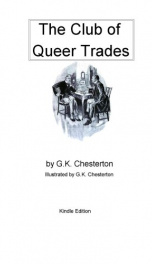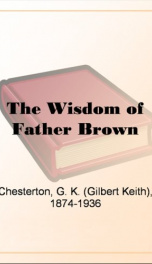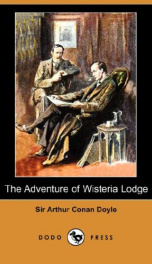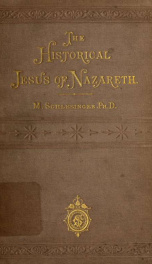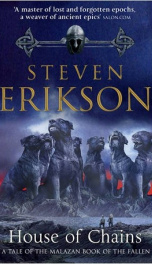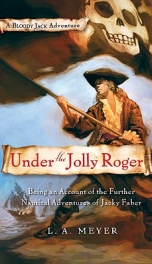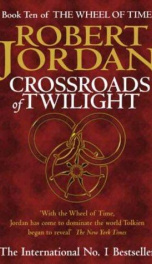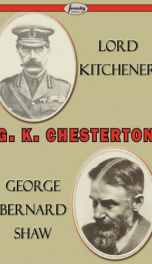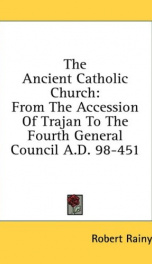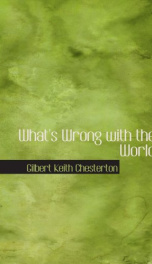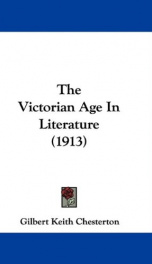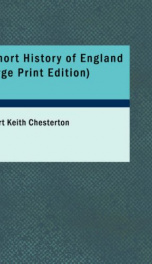Eugenics and Other Evils

In the first part of the previous century the new science aiming at researching the methods of improving the human race appeared. It got the name of eugenics and immediately became very popular among scientists, writers and educators. In the 1920s most of schoolchildren learned its principles at schools. Even lawyers and doctors were seriously interested in eugenics. In 1924 the Congress passed the law that would not allow people from Eastern and Southern Europe immigrate to the U.S. There were even thoughts about sterilizing unwanted people. Despite the popularity of eugenics in the English-speaking countries, Chesterton was against it. And he expressed his protest in his outstanding book that is still popular all over the world called Eugenics and Other Evils. The author claims that eugenics is one of the greatest evils of his society. As it turned out later with notorious experience of the Nazi ideas of purifying the German nation and eliminating the whole nations, especially Jews and Slavs. In this book, however, the author addresses not only eugenics but other evils of his society. Chesterton believes that socialism which was developing at that time gaining more and more popularity is one of them. As the book shows, the author has a wonderful sense of humor applying it in his story. At the same time it is scientific and in many ways rebelling. This edition contains fifty pages of extracts from the works of Chesterton's opponents to strengthen the value of the author's arguments.
Info about the book
Author:
Series:
Unknown
ISBN:
1103834754
Rating:
5/5 (41)Your rating:
0/5
Languge:
English
Users who have this book
Users who want this book
What readers are saying
What do you think? Write your own comment on this book!
write a commentif you like Eugenics and Other Evils try:
Other books by this author
Do you want to read a book that interests you? It’s EASY!
Create an account and send a request for reading to other users on the Webpage of the book!
